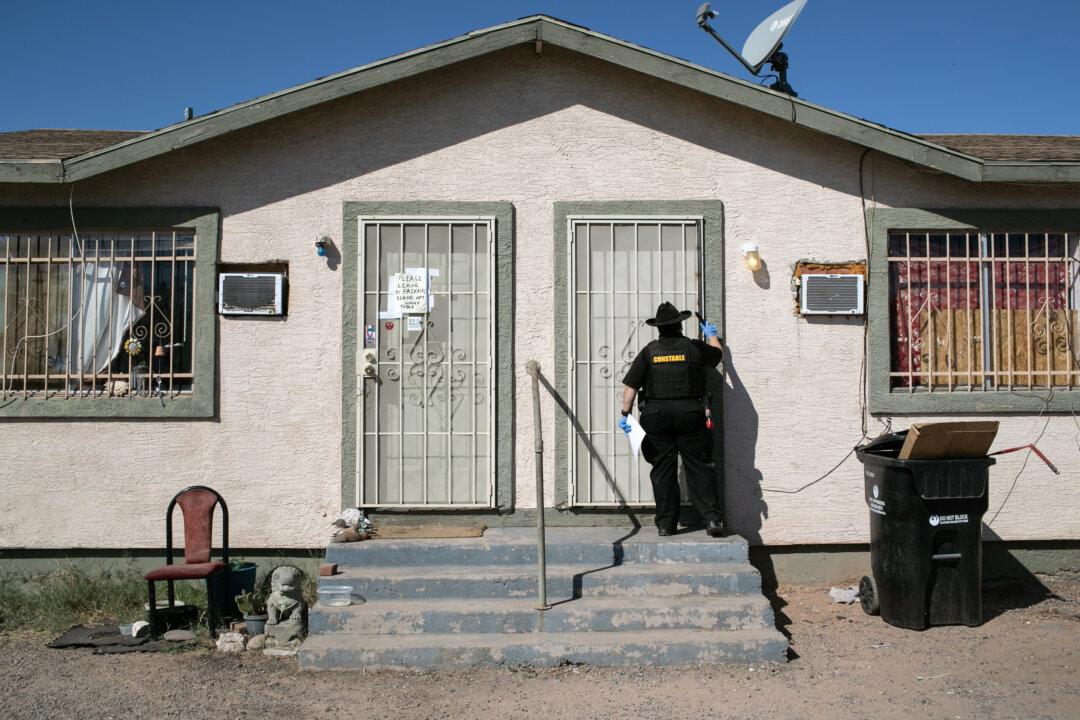North Carolina Gov. Roy Cooper signed an executive order on Wednesday to prevent evictions in the state for those who are unable to pay their rent.
The order (pdf) comes amid the CCP (Chinese Communist Party) virus pandemic that has left thousands out of work. Cooper, a Democrat, said some 300,000-400,000 households in the state are currently unable to pay their rent and are at risk of eviction.





